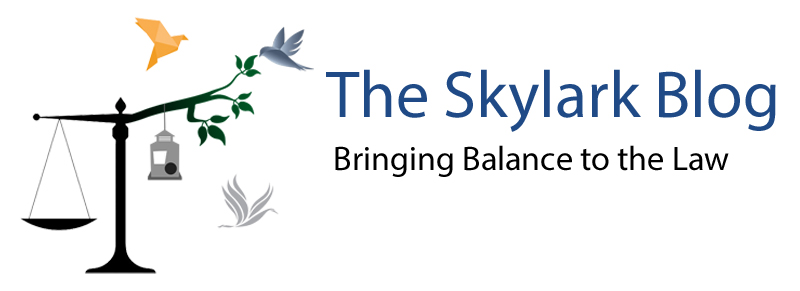 |
| Taking the course is a prerequisite for getting divorced in MA. |
Once registered parties must file the "Affidavit Confirming Registration at Parent Education Program." This is a new form and timeline, but the programs themselves are not new.
This is not a program that teaches people how to parent their children, but rather a program designed to help divorcing parents understand what the challenges their children will face because of the divorce. It is ideal that the program be taken as soon after the parties decide to divorce, because it will help them prepare for questions and concerns their children may have about the divorce. The court has enacted new rules around this program, presumably to ensure that parents register and attend this program as early as possible in the process.
If the parties seek to waive attendance to the Parent Education Program, they must file a “Motion to Waive Attendance at a Parent Education Program”. Waivers may be only granted for very specific reasons and the court may elect to deny the Motion. The court may also permit a use of five-hour DVD or an online program upon filing of a “Motion to Permit Completion of Parent Education Programs via DVD." To use the DVD the party must have a reason they are unable to attend the program.
The parties each pay $80.00 to the provider in advance of the program to offset cost of material, facilitators, and program administration. The same fee applies to the DVD program as well. If the parties are unable to afford the program then they have the option to file an “Affidavit of Indigence and Request for Waiver, Substitution or State Payment of Fees and Costs”. If the waiver is allowed it would reduce the rate of the program to $5.00.
An uncontested divorce hearing on a Joint Petition or a Complaint may be scheduled if the parties file an affidavit confirming their registration for the program. A Pre-trial conference may be scheduled in a contested hearing as well so long as the parties complete the program prior to the Pre-trial Conference. No Pre-Trial or Trial will be held without the court receiving a Certification of Attendance from an approved program from each party unless the Court has waived the requirement.

 Skylark.law
Skylark.law
For those filing an uncontested divorce, note that the parenting classes still have to be completed prior to the hearing date unless the requirement is waived.
ReplyDelete